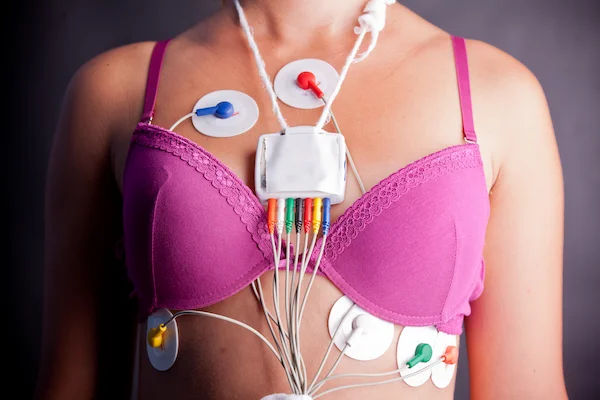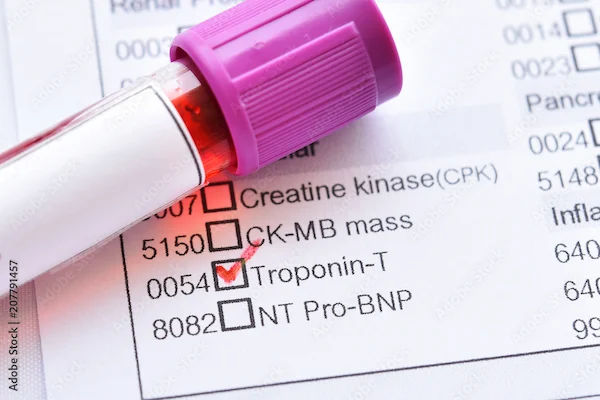- male
- 50 Years
- 31/03/2021
Does your body warn you before a heart attack?
Answered by 1 Apollo Doctors
Yes the warning signs are Pressure, fullness, squeezing pain in the center of the chest, spreading to the neck, shoulder or jaw along with Light-headedness, fainting, sweating, nausea, or shortness of breath with or without chest discomfort, upper abdominal pressure or discomfort.
Dr. Kareemulla Suggests...
Consult a Cardiologist
Answered 04/07/2025
0
0


Ask Apollo
AI powered Health Chatbot
-
Common Warning Signs Before a Heart Attack
- Sudden chest discomfort, shortness of breath, and unexplained sweating.
-
Less Typical or Atypical Symptoms
- Fatigue, nausea, or pain in the jaw, neck, or back.
-
Importance of Recognizing Symptoms Early
- Early recognition is crucial for timely medical intervention.
-
When to Seek Immediate Medical Help
- Seek urgent care for severe chest pain, sudden sweating, or shortness of breath.
-
Relevant Medical Specialties and Tests
- Consult a cardiologist; tests like ECG or blood tests can confirm a heart attack.
-
Preventive Measures and Lifestyle Advice
- Adopt a healthy lifestyle and schedule regular check-ups to reduce risk.
Recommended next steps
Consult a Cardiologist or Take a CBC Test (Complete Blood Count) Test
Answered 20/08/2025
0
0
More Cardiology Health Queries
View allI'm really worried about this heart murmur that was detected during my TB treatment. I completed 9 months of medication, and an echo test came back normal. But the heart murmur is still being detected. Could the TB meds be causing this? It all started when I began taking them. What should I do?
Cardiologist opinion is advised to the patient.
Answered by 1 Apollo Doctors
Can a treadmill test, 2D echo, or ECG detect an 80% heart blockage, or is an angiogram the only way to find this out? I'm really curious because I want to understand what these tests can actually show.
0% heart blockage cannot be directly traced by a treadmill test, 2D echo, or ECG. These tests can provide important information about the heart's function and structure, but they may not definitively show the extent of blockages in the coronary arteries. The gold standard for diagnosing blockages in the arteries is a coronary angiogram (angio). It is an invasive procedure where a dye is injected into the arteries to visualize any blockages. If you suspect significant blockages in your coronary arteries, it is best to consult with a cardiologist for further evaluation and management.
Answered by 1 Apollo Doctors
I've been having trouble breathing when I'm lying down, but I feel fine otherwise. It's been happening on and off for a few months, but the nights of December 11th and 12th were really tough for me. What could be causing this, and should I be worried about it?
do chest x ray
Answered by 1 Apollo Doctors
Disclaimer: Answers on Apollo 247 are not intended to replace your doctor advice. Always seek help of a professional doctor in case of an medical emergency or ailment.



